Experts: Faw Port is Iraq’s gateway to a global economic future
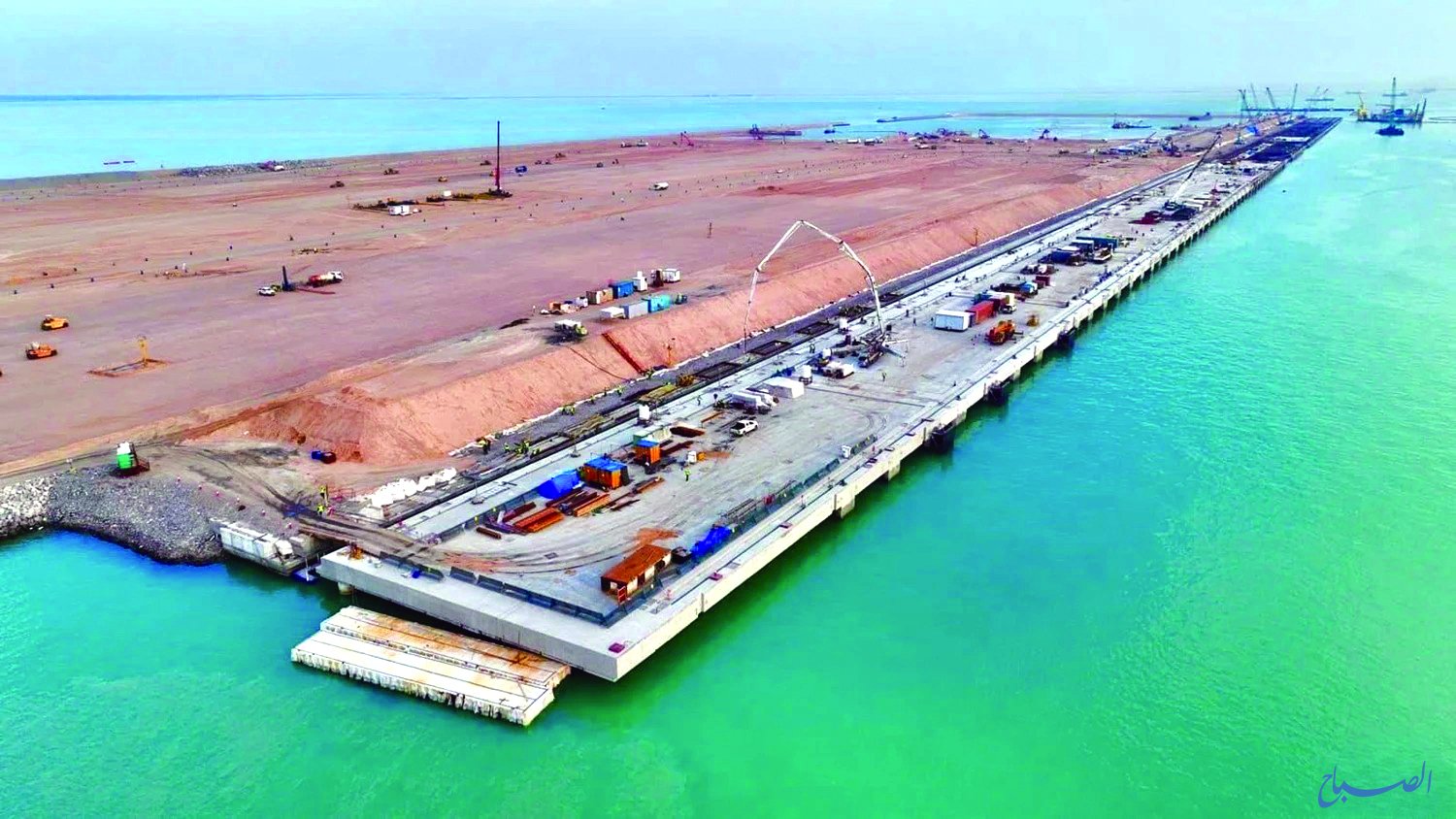 Economic circles agreed on the importance of opening five berths within the Grand Faw Port project, and considered it the first step towards correcting the paths of the Iraqi economy, as the project represents the first step in an ambitious policy to create major infrastructure in the country, serving all sectors without exception, and is an acceptable approach to diversifying the Iraqi economy and providing opportunities for a wide segment. It is hoped that the project will be completed in its three phases in 2028 with a total capacity of 91 million tons annually.
Economic circles agreed on the importance of opening five berths within the Grand Faw Port project, and considered it the first step towards correcting the paths of the Iraqi economy, as the project represents the first step in an ambitious policy to create major infrastructure in the country, serving all sectors without exception, and is an acceptable approach to diversifying the Iraqi economy and providing opportunities for a wide segment. It is hoped that the project will be completed in its three phases in 2028 with a total capacity of 91 million tons annually.
Prime Minister Mohammed Shia al-Sudani, who sponsored the ceremony of receiving the five berths of the Faw Port from the Korean implementing company, described it as “the people’s project,” and that it “gains great importance due to its connection to the development road project, which will link, starting from the Grand Faw Port, the economies of most countries in the region, and will be an outlet for achieving economic integration,” noting that Iraq remains a fundamental pillar in the global economy, and a historical part and passageway of the most important international exchange routes.
The five platforms
Al-Sudani pointed out the importance of the five docks in the Grand Faw Port, as they represent the backbone of the port project in its first phase, which will be completed next year according to the previous timetables. Huge commercial ships with large drafts have already docked on the port docks.
Real transformation
Chairman of the Federation of Chambers of Commerce, Abdul Razzaq Al-Zuhairi, described the opening of the five berths in the Grand Faw Port as a real transformation in the paths of national and global trade.
He said: Today we are facing a launch to serve the national economy, as we have actually begun to revive the Iraqi infrastructure in the ports sector, as this step represents an advancement to the global level of services provided to the national economy.
The biggest project
Al-Zuhairi added that the port’s capacity for all its phases exceeds 90 million tons annually, a number that reflects the extent of the work required in this project in particular. When the larger project, the development road and its facilities and the Grand Faw Port, are completed, there will be a need for millions of specialists, and here everyone can imagine the reality of the performance required in such locations.
He pointed out that the country is facing a new phase and new institutions, which are being created with the development of work in this site, which has become global, as it has become the focus of attention of the world’s major economies in the East and West of the world.
Starting point
Economic expert Mitham Al-Bolani confirmed that the starting point of the development path is the port of Faw, which has become a reality in economic life and the first real infrastructure for developing the national economy and has a positive impact on the global economy, especially since the development path is being implemented in an Iraqi-Turkish-Emirati-Qatari partnership, and that the Turkish side, in its first steps, concluded a quadripartite agreement with Hungary, Serbia and Bulgaria with the aim of delivering goods to the farthest parts of the world.
He stressed that the port of Faw represents an important starting point for global trade in various directions, and thus this port has great economic feasibility, especially with the existence of the development road, as the port and the road complement each other, pointing out that Iraq will be a fertile and mature investment destination for manufacturing industries at the present time at the very least and strategically in the future.
Geographical area
It is noteworthy that the member of the Parliamentary Finance Committee, Mustafa Al-Karawi, said in a statement to the Iraqi News Agency (INA): The opening of the five docks and the completion of the investment in the Faw Port will contribute to supporting the development path, in addition to the fact that it will be part of the Silk Road, indicating that Iraq is located in a geographical area that makes it a link between the major countries, China and Europe.
Global Trade
Development Consultant Amer Al-Jawahri said: The Grand Faw Port is the first real step that facilitates the reality of global trade and connects the West of the world to its East by the shortest and least time-consuming routes. It will also enhance the volume of international trade for Iraq with the countries of East Asia, where there is a large volume of trade and achieves fluidity in this aspect.
He pointed out that completing all stages of the Grand Faw Port, as a starting point for the development path, will enhance the reality of the Iraqi economy, and Iraq will be a real attraction point with great and sustainable benefit for Iraq.
Executive Body
He pointed out that Iraq, through this port, will be of new benefit to European countries and the West in general, and they will develop tendencies to invest in Iraq and its regions close to this project.
Al-Jawahiri recommended establishing the executive body for the development road project, of which the Faw Port is an important part, complementary to the new road and railway projects and other projects in more than one economic joint, which is considered a necessity for this project.
Make agreements
He pointed out the importance of concluding agreements with several countries that have a direct impact on the process of managing the integrated project, starting with the port and the development path with all its institutions.
He stressed the necessity of forming the Faw Economic Zone Authority, which will handle the issues of economic and industrial cities and the technological city, all the way to the tourist city, which is an important part of the region and of great benefit. Here, we stress the necessity of forming institutions and the authority with legislation, so that it will transcend the successive governments that have managed the country.
Starting point
Economic expert Dr. Salwan Al-Nouri said: Iraq is distinguished by its geographical location, and this is something known to everyone without exception. We are at the point closest to the West and East of the world, and the country could be a starting point towards the two global poles, and this will happen sooner or later, and we have to work and start from this fact, and here we must know how to work and what is required during the next stage and we have entered the circle of real international interest, and we now have a port that concerns the economies of the world.
Re-export
Al-Nouri stressed the need to move towards legislating the re-export law in a manner that is consistent with the importance of Iraq in the arena of international trade and the international economy, as this law allows Iraq to be a real starting point for developing the national economy, noting that this law allows companies to bring imports to Iraq and work on exporting them to various countries of the world again after dealing with them or dividing them, and in this matter there is a great benefit for the country.
Alsabaah.iq
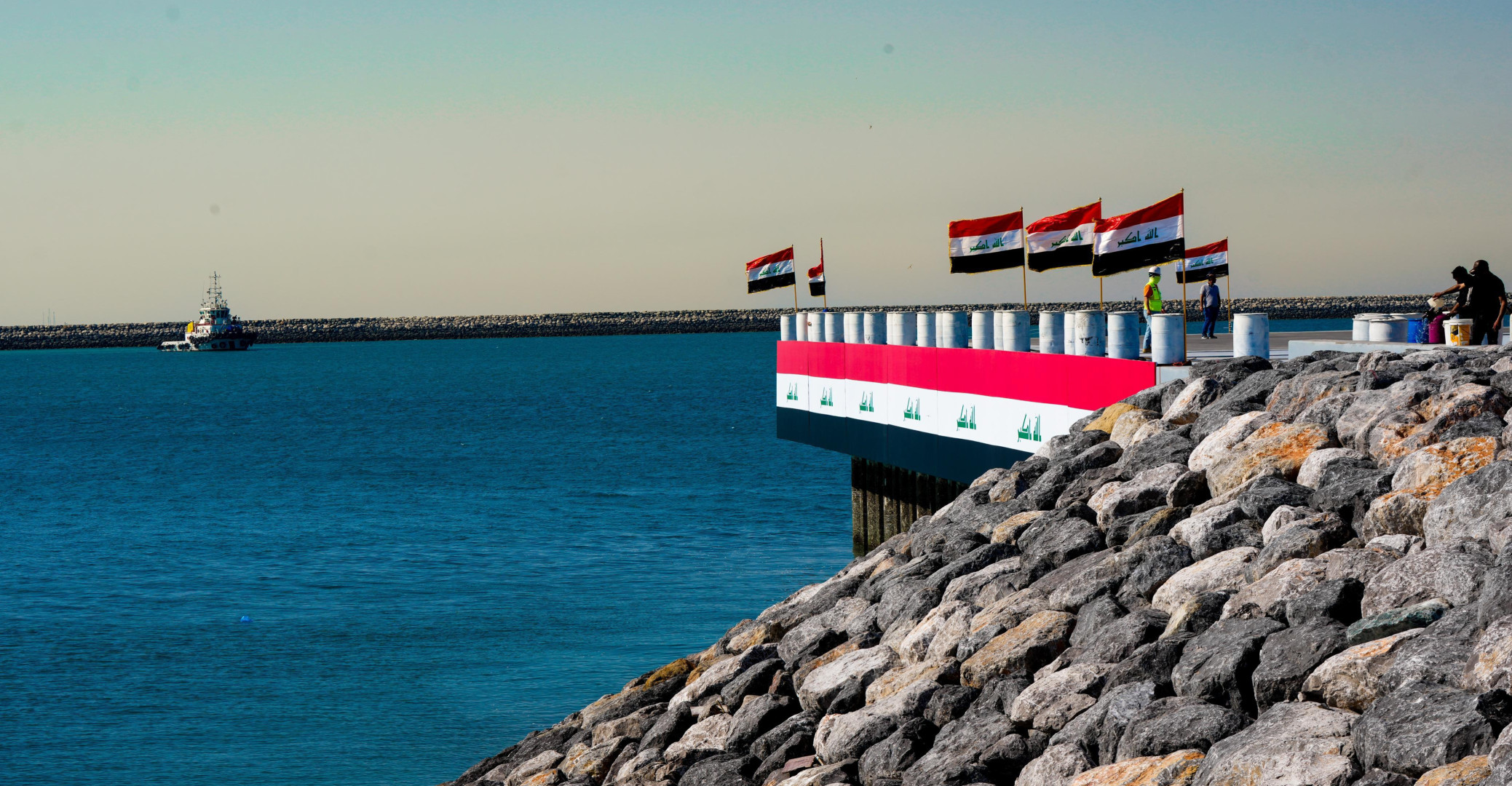 Shafaq News / The Director General of the General Company for Iraqi Ports, Farhan Al-Fartousi, revealed today, Tuesday, that a shortlist of 11 shipping companies has been drawn up to compete for the contract to operate the Grand Faw Port.
Shafaq News / The Director General of the General Company for Iraqi Ports, Farhan Al-Fartousi, revealed today, Tuesday, that a shortlist of 11 shipping companies has been drawn up to compete for the contract to operate the Grand Faw Port.

 Economic circles agreed on the importance of opening five berths within the Grand Faw Port project, and considered it the first step towards correcting the paths of the Iraqi economy, as the project represents the first step in an ambitious policy to create major infrastructure in the country, serving all sectors without exception, and is an acceptable approach to diversifying the Iraqi economy and providing opportunities for a wide segment. It is hoped that the project will be completed in its three phases in 2028 with a total capacity of 91 million tons annually.
Economic circles agreed on the importance of opening five berths within the Grand Faw Port project, and considered it the first step towards correcting the paths of the Iraqi economy, as the project represents the first step in an ambitious policy to create major infrastructure in the country, serving all sectors without exception, and is an acceptable approach to diversifying the Iraqi economy and providing opportunities for a wide segment. It is hoped that the project will be completed in its three phases in 2028 with a total capacity of 91 million tons annually. In the state of California, near the Mexican border, a city called “El Cajon” in San Diego County, hosts one of the largest Iraqi communities outside the country.
In the state of California, near the Mexican border, a city called “El Cajon” in San Diego County, hosts one of the largest Iraqi communities outside the country.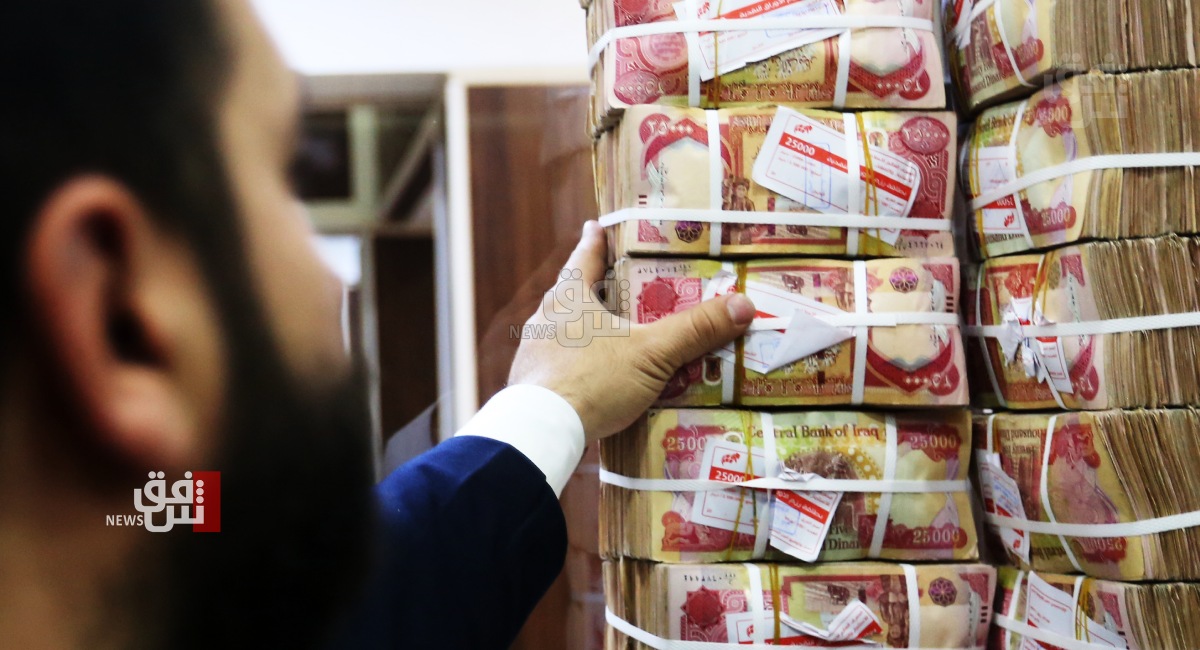 The Central Bank of Iraq announced, on Monday, that the capital of private banks increased by 7.3%.
The Central Bank of Iraq announced, on Monday, that the capital of private banks increased by 7.3%.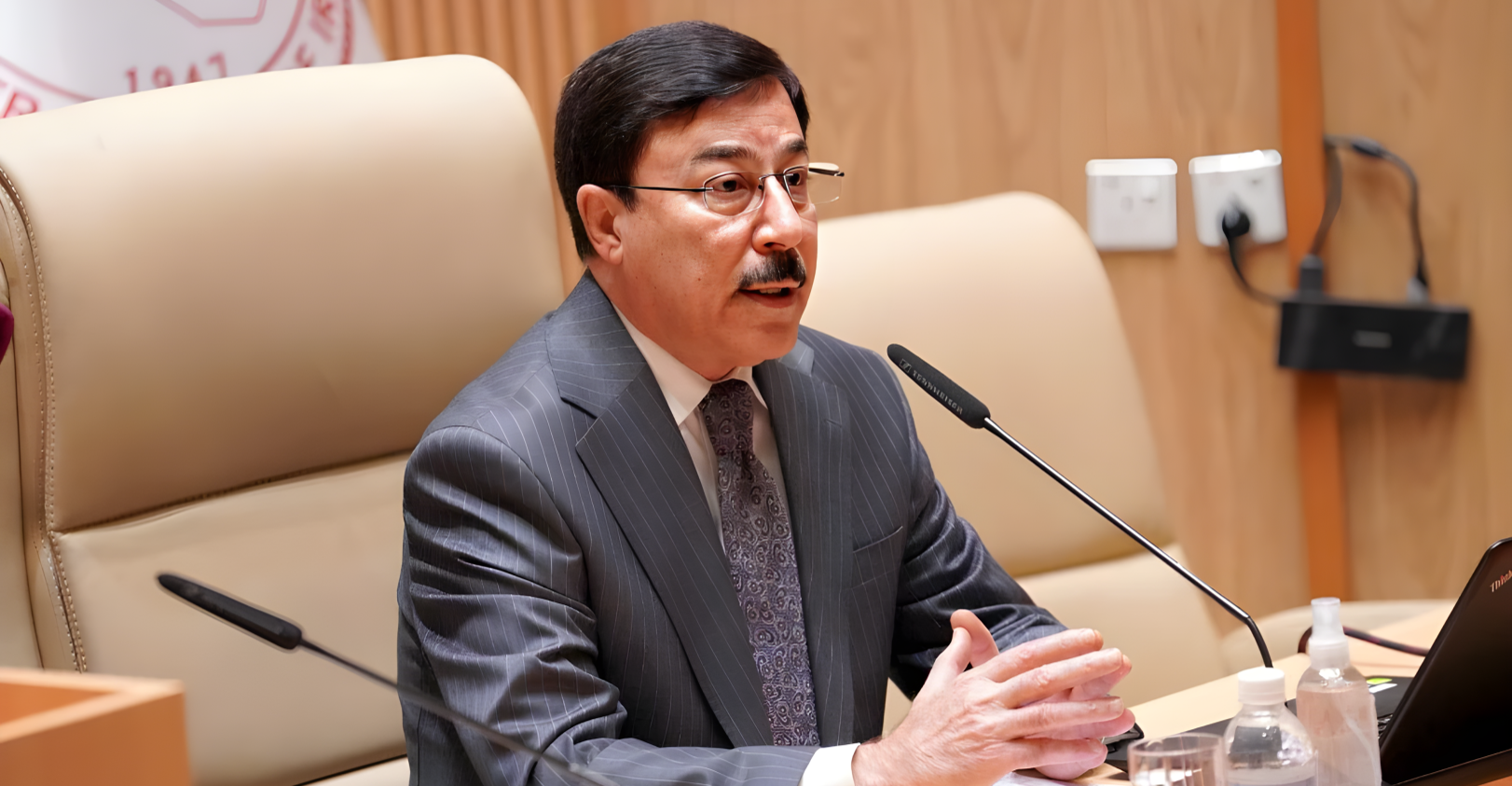 Member of the Parliamentary Finance Committee, Mohammed Nouri, revealed on Sunday that there is a move within the committee and the House of Representatives to question the Governor of the Central Bank of Iraq, Ali Al-Alaq, due to the lack of control over the stability of the dollar price and the dominance of private banks over the currency selling window.
Member of the Parliamentary Finance Committee, Mohammed Nouri, revealed on Sunday that there is a move within the committee and the House of Representatives to question the Governor of the Central Bank of Iraq, Ali Al-Alaq, due to the lack of control over the stability of the dollar price and the dominance of private banks over the currency selling window.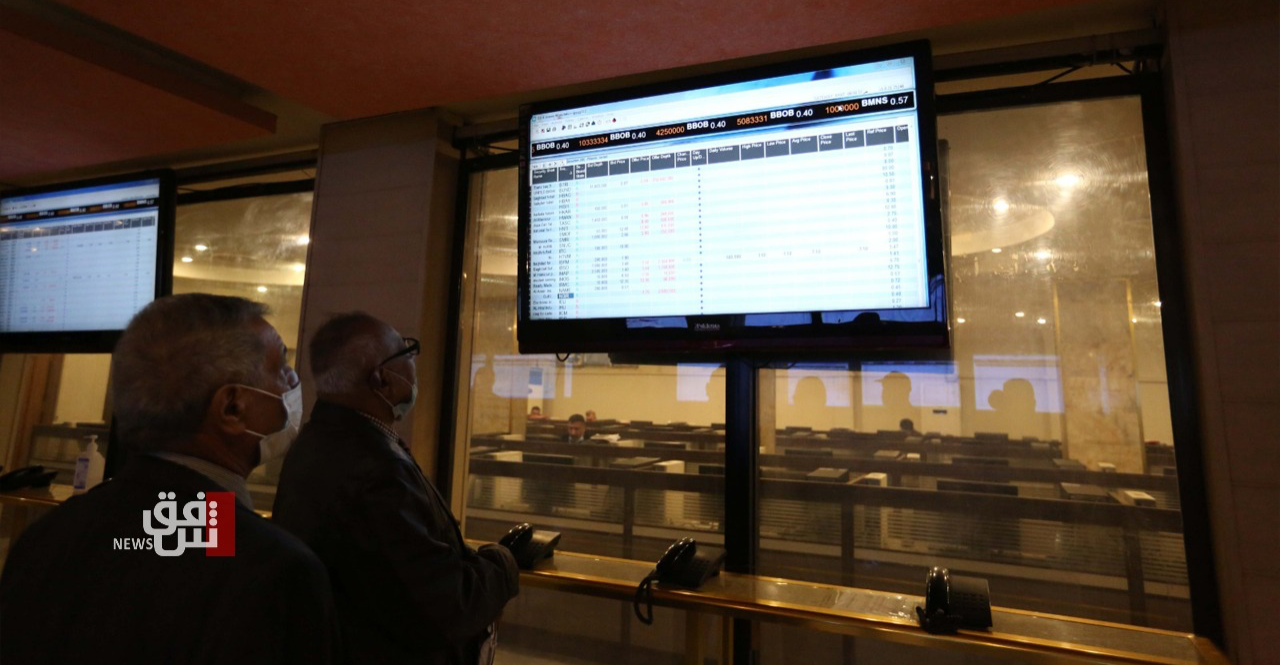 The Iraq Stock Exchange announced, on Sunday, the trading of 88 billion shares, with a financial value of more than 84 billion dinars, during last October.
The Iraq Stock Exchange announced, on Sunday, the trading of 88 billion shares, with a financial value of more than 84 billion dinars, during last October. Economic expert Nabil Al-Marsoumi revealed today, Saturday, that the continuation of…Iraq In OPEC it will cause him severe financial difficulties and gap Huge deficit starting with the 2025 budget.
Economic expert Nabil Al-Marsoumi revealed today, Saturday, that the continuation of…Iraq In OPEC it will cause him severe financial difficulties and gap Huge deficit starting with the 2025 budget.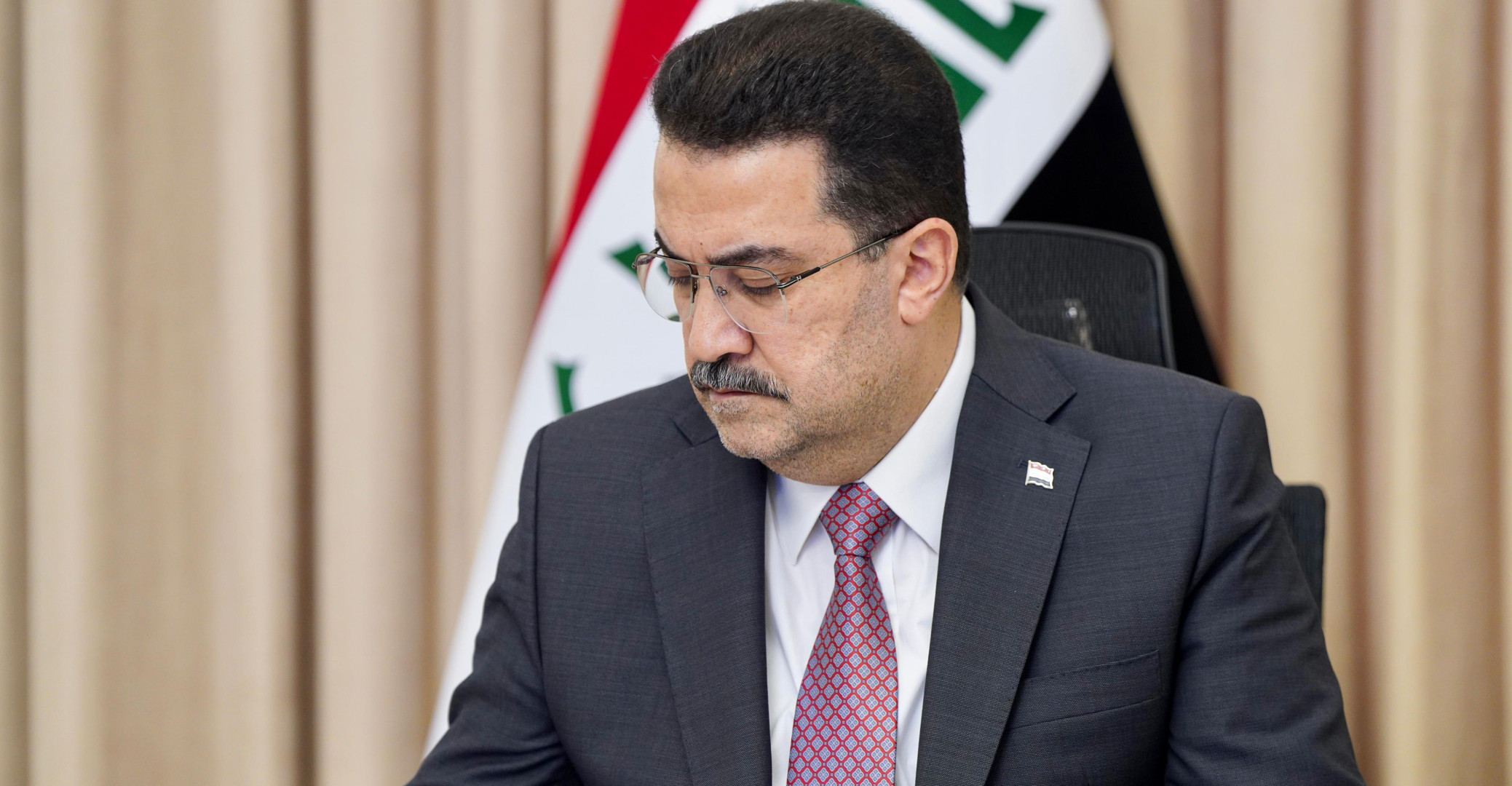 Shafaq News / Prime Minister Mohammed Shia al-Sudani directed, on Friday, to take a number of steps within the framework of banking and financial reform in the country, including increasing the number of bank branches in the governorates, as most activities are concentrated in the capital, Baghdad.
Shafaq News / Prime Minister Mohammed Shia al-Sudani directed, on Friday, to take a number of steps within the framework of banking and financial reform in the country, including increasing the number of bank branches in the governorates, as most activities are concentrated in the capital, Baghdad.